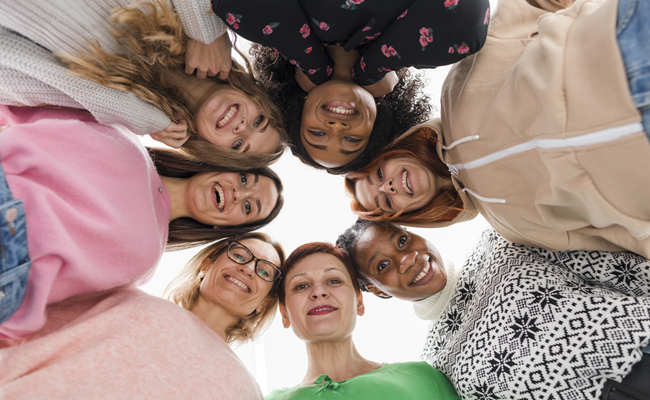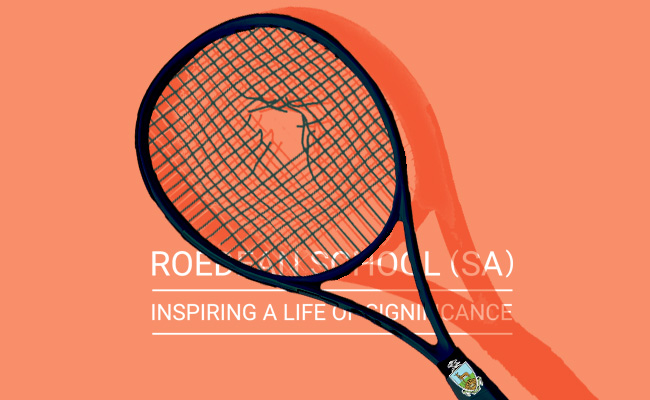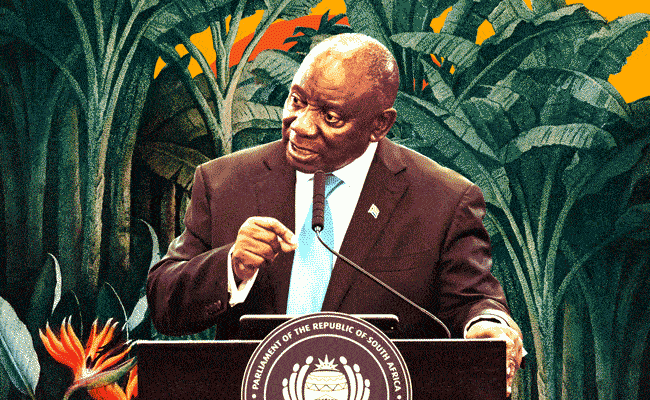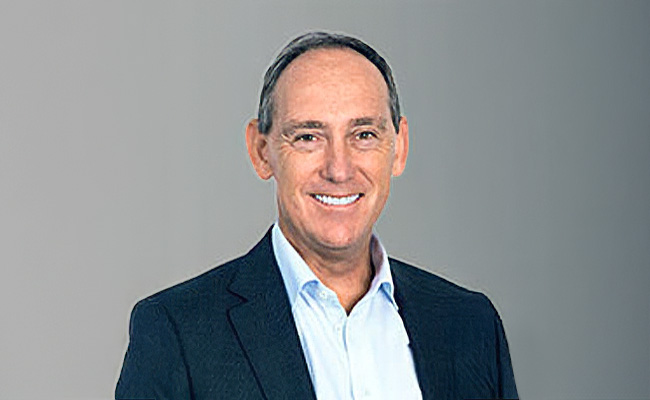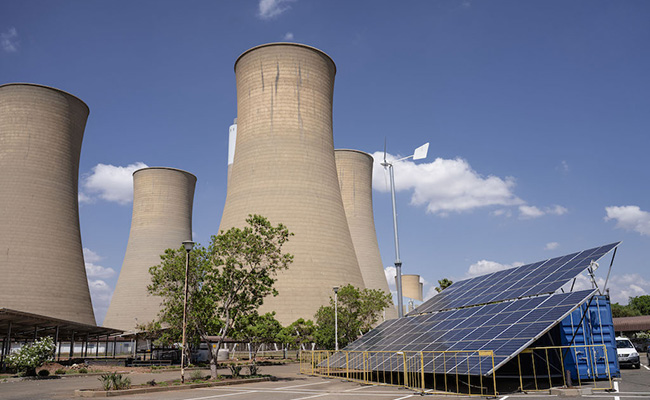Much is made of the “just transition”, but how much do we really understand from this often-quoted catchphrase, and how do we ensure that a just transition to a green economy benefits the many, and not just the few?
The Presidential Climate Commission (PCC) defines the just transition as one that “aims to achieve a quality life for all South Africans, in the context of increasing the ability to adapt to the adverse impacts of the climate, fostering climate resilience, and reaching net-zero greenhouse gas emissions by 2050, in line with best available science”. The PCC further points out how, essentially, a just transition contributes to the goals of decent work for all, social inclusion and the eradication of poverty, putting people at the centre of decision-making, especially those most impacted, the poor, women, people with disabilities and the youth.
The green economy is critical to addressing the effects of climate change. It promises to unlock new industries, create resilient jobs, and foster innovation that protects both people and our planet. Yet, without deliberate and intentional intervention, the structural inequalities that exist today in our traditional economies risk being replicated and perpetuated in this new frontier.
Equity for all
For this reason, it is essential that the transition to a green economy happens with human rights in mind. As we commemorate Women’s Month, we are reminded that the true measure of progress lies not in how fast we move, but in how many we bring along. The global transition to a green economy is driven by the pressing need to mitigate climate change, but it also offers us a rare opportunity to reshape our societies and economies. For this to happen, the transition must be true to the word “just”. It must be inclusive. And it must be intentional in ensuring that women, particularly those from historically marginalised communities, are not left behind.
The current statistics are sobering. Globally, women are underrepresented in high-emitting industries that are now undergoing transformation, and they remain significantly underrepresented in emerging green sectors such as construction, energy and environmental engineering. In South Africa, women make up only 14% of the workforce in the renewable energy sector. The department of mineral resources and energy reports that women comprise just 31% of the employees of state-owned electricity utility Eskom and 21% of the workforce in the country’s coal sector. Without targeted policies, these gender imbalances are likely to deepen as the green economy expands.
South Africa is committed to the process of transition through the Just Transition Framework, which supports the country’s goal of achieving a quality life for all its citizens in the context of increasing the ability to adapt to the adverse impacts of climate change. The framework sets out the policy measures and undertakings by different social partners required to minimise the social and economic impacts of the climate transition and improve the livelihoods of those most vulnerable to climate change by nurturing climate resilience.
South Africa is also a member of the International Labour Organisation, which provides guidelines for a just transition towards “environmentally sustainable economies and societies for all”. And, as a country, we participate in various programmes led by United Nations Women, which advocates for a gender-responsive just transition for people and the planet. Yet, as the data shows, there is still important work to be done.
How do we change the paradigm?
At Vodacom South Africa, we are determined to change the current trajectory and this is reflected in what happens within the organisation. We have reached gender parity on our Vodacom South Africa executive committee and invest in programmes that support women’s advancement and inclusion across all levels of the business. The Vodacom South Africa director of technology, responsible for the country’s most preferred 5G network, is a woman. The environmental social and governance (ESG) team responsible for e-waste management and our journey to net zero is led and run by women. This includes the national head of facilities, who spearheaded the installation of a cutting-edge solar power system at Vodacom’s Midrand campus, the largest on-site solar power generation system within the Vodafone group. When we talk about changing the paradigm, this is something we’re also practising.
Our commitment to creating green jobs starts with the basics – getting women into employment within the green economy, prepared with the skills to launch their careers on a meaningful path. Through initiatives such as our E-Waste Management Learnership Programme, we are equipping unemployed youth and women with the knowledge needed to thrive in a low-carbon economy. These initiatives are not merely about employment; they are about empowerment and enabling women to actively participate in shaping the future.
There is a tremendous need to ensure that the right skills for the future are transferred to women and youth – and the skills required for the green economy are evolving rapidly. From renewable energy systems and sustainable agriculture to digital infrastructure and environmental data analysis, the jobs of tomorrow demand a new kind of readiness. We must respond with urgency and foresight.
The Vodacom South Africa E-Waste Management Learnership Programme, designed with women and young people in mind to drive inclusivity and participation, recognises the intersection of climate resilience, gender equity, and economic inclusion. It prepares participants for jobs that promote and support the principles of circularity, such as responsible recycling, reuse and refurbishment of electronic devices, helping to reduce environmental impact while creating sustainable livelihoods.
This Women’s Month, let us reaffirm our commitment to a just transition. Let us ensure that the green economy is not a missed opportunity for women, but a catalyst for their advancement. Because when women rise, societies rise. And when we prioritise equity in our climate response, we do not just protect the planet, we transform it.
Takalani Netshitenzhe is director of external and regulatory affairs for Vodacom South Africa.
Top image: Freepik.com
Sign up to Currency’s weekly newsletters to receive your own bulletin of weekday news and weekend treats. Register here.


